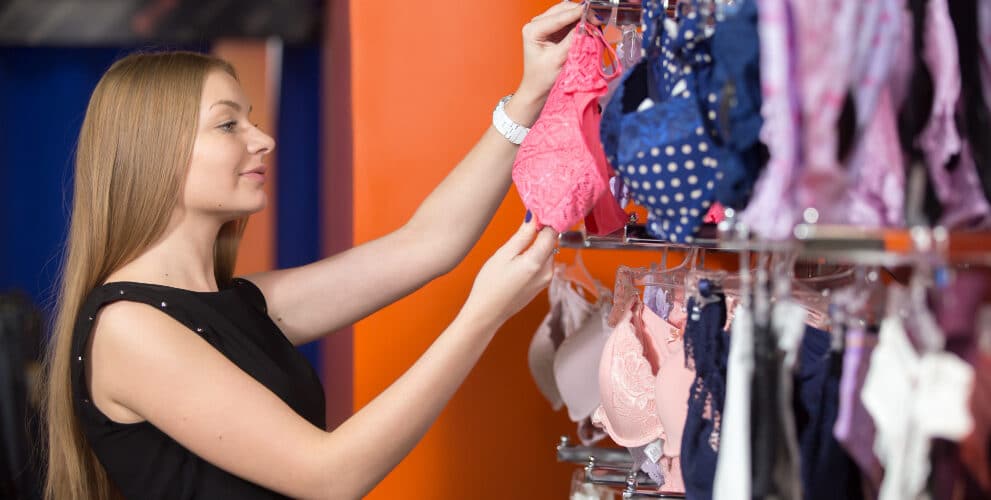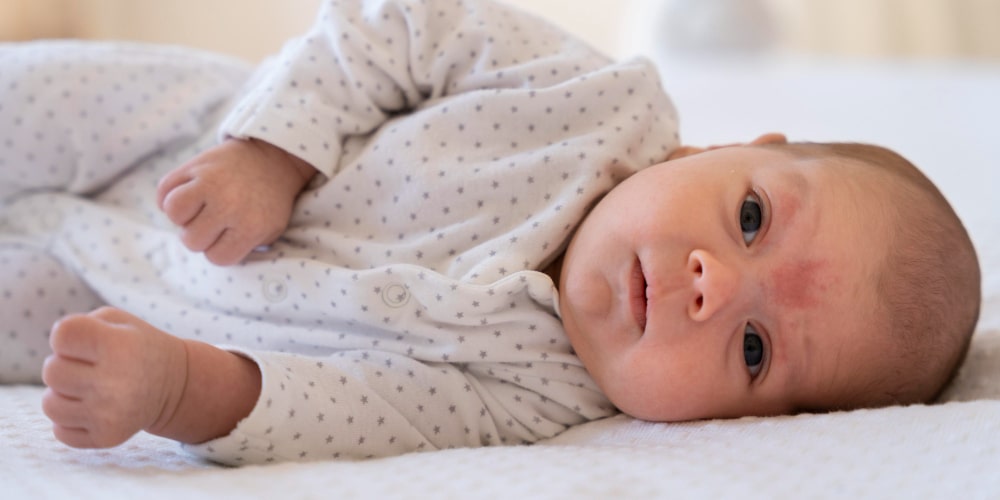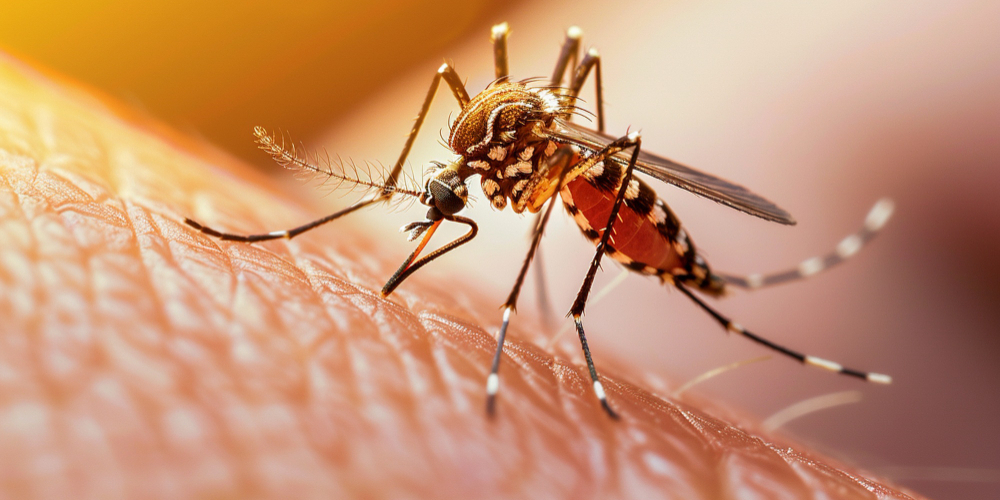Myths debunked: Does wearing a bra at night cause cancer?
A viral Instagram reel claims that wearing a bra at night causes breast cancer. Here's what medical experts and leading cancer organisations say about this widely debunked myth and the scientific truth
Author
Author
- admin / 5 months

- 0
- 4 min read

Author
An Instagram reel by fitness coach and influencer Priyank Mehta has sparked widespread discussion online, with claims that wearing a bra at night can cause breast cancer. In the video, Mehta warns women to “stop wearing bras at night” to avoid potential health risks.
The reel, presented as a dialogue between Mehta and a woman, explains his reasoning: “At night, our body flushes out toxins through the lymphatic system,” he says, adding that lymph nodes in the armpits, breast, and chest act like a “body dustbin,” removing toxins, bacteria, and dead cells. According to Mehta, sleeping in a tight or underwired bra blocks these lymph nodes, preventing proper drainage of toxins. This, he claims, can cause inflammation, fluid retention, swelling, and, over time, lead to “unhealthy breast tissue.”
The caption accompanying the video reiterates these concerns, stating that tight bras may block lymphatic flow and slow drainage, causing fluid buildup and swelling that could “contribute to breast tissues” in the long run. The reel has gone viral, amassing over close to 9 lakh views and over 13,000 likes.
Are the claims true?
The origins of this claim can be traced back to 1995, when Sydney Ross Singer and Soma Grismaijer published Dressed to Kill, suggesting a link between bra use and breast cancer. The book’s second edition, released in 2017, reiterated the same theory. However, medical experts swiftly dismissed the idea.

The American Cancer Society states that there is “no scientific or clinical basis” for the belief that bras obstruct lymph flow and cause breast cancer. This is echoed by the US National Institutes of Health, which says “breast implants, using antiperspirants, and wearing underwire bras do not increase the risk for breast cancer.”
Cancer Research UK also states that “there hasn’t been much research into this because there’s no scientific way that suggests how bras and cancer might be linked. The only relevant study we found on the research database PubMed didn’t find a link between wearing a bra and breast cancer so women don’t need to worry about getting the support they need.”
They are referring to this notable 2014 study involving over 1,500 postmenopausal women, which found no relationship between bra-wearing habits and breast cancer risk. Researchers examined variables such as cup size, how many hours per day bras were worn, the use of underwires, and the age at which women began wearing bras regularly. None of these factors showed any link to an increased risk of breast cancer.
The scientific consensus is further reinforced by Dr Shuaib Zaidi, a renowned Surgical Oncologist and Principal Director at Max Super Speciality Hospital. “No, there is no such scientific evidence so far. Whether during the day or at night, wearing a bra does not increase the risk of cancer. There is no conclusive evidence to support this statement. It is simply not true,” he said.
Addressing the common claim that tight bras may block lymphatic drainage and lead to inflammation or tissue changes, Dr Zaidi, who has over 26 years of experience, explained: “The human breast has excellent lymphatic drainage through multiple channels. If a bra is extremely tight, it may disturb lymphatic drainage to some extent, but that disturbance will not cause breast cancer. The breast has alternative pathways—if one channel is compressed, lymph can still drain from the upper part of the breast into the underarm lymph nodes. When a woman wears a bra, the upper inner part remains open, allowing sufficient drainage through other routes,” he said.
Also read: FACT CHECK: Could drinking coffee regularly protect against thyroid disease, including cancer?










